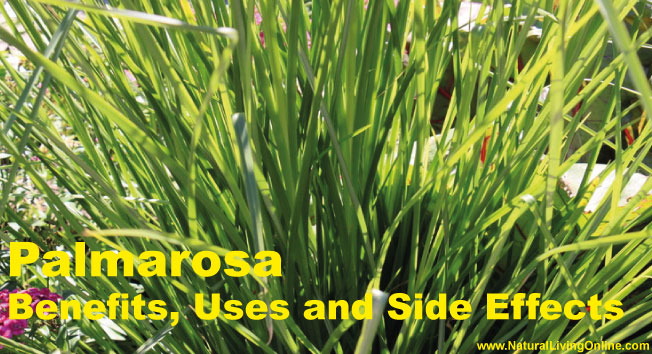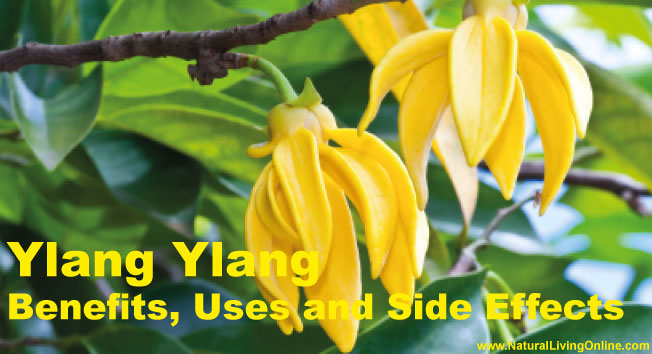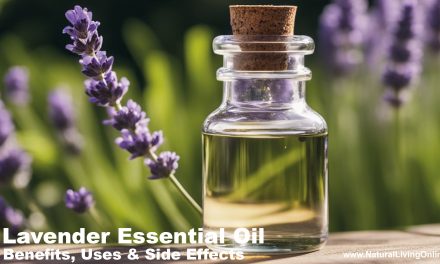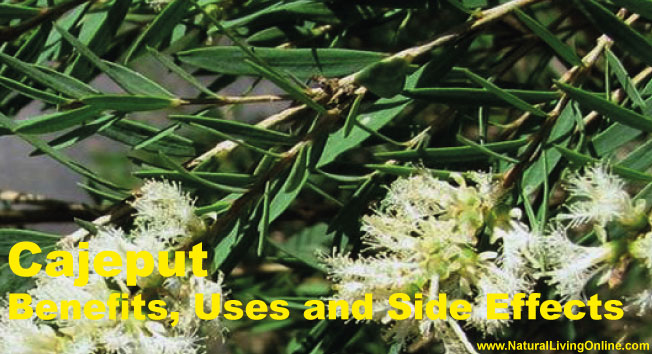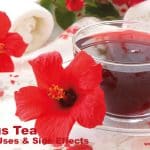Palmarosa essential oil is a powerful and versatile oil that has many benefits for the body. It is known for its antimicrobial, antifungal, and antiviral properties, making it a great choice for use in aromatherapy and other therapeutic applications. Palmarosa oil also has a pleasant floral aroma that can be enjoyed diffused or used in massage therapy. In this guide, we will explore the benefits of palmarosa essential oil and discuss some of the potential side effects associated with its use.
What is Palmarosa?
Palmarosa is a grass that is in the same family as lemongrass. It is a small, perennial plant that grows to about two feet tall. The leaves are long and narrow, and the flowers are small and pink.
How many different types of Palmarosa essential oils are there?
There are many different types of palmarosa essential oil, and the composition of each oil can vary depending on the harvesting and distillation process. Some common types of palmarosa oil include:
• Indian Palmarosa Oil
• Indonesian Palmarosa Oil
• African Palmarosa Oil
Each type of palmarosa oil has its own unique properties and benefits. It is important to do your research before purchasing an essential oil to make sure you are getting a quality product that meets your needs.
How Palmarosa essential oil is made?
Palmarosa essential oil is extracted from the leaves of the palmarosa plant using steam distillation.
What is the botanical name of Palmarosa?
The botanical name for palmarosa is Cymbopogon martinii.
What is the chemical composition of Palmarosa essential oil?
The primary chemical constituents of palmarosa essential oil are geraniol, linalool, citronellol, and nerol.
What are the benefits of using Palmarosa essential oil?
Palmarosa essential oil has a wide range of benefits for the body. It is known for its antimicrobial, antifungal, and antiviral properties, making it a great choice for use in aromatherapy and other therapeutic applications.
The benefits of palmarosa essential oil include:
• Antimicrobial – Palmarosa is effective against a wide range of bacteria, viruses, and fungi. This makes it a great choice for use in aromatherapy and other therapeutic applications.
• Antifungal – Palmarosa oil is effective against a variety of fungal infections, making it a valuable addition to any home remedy toolkit.
• Antiviral – Palmarosa oil has been shown to be effective against several types of viruses, including the herpes virus.
• Anti-inflammatory – Palmarosa oil can help to reduce inflammation in the body, making it helpful for conditions like arthritis and asthma.
• Relaxing aroma – The floral aroma of palmarosa essential oil can be soothing and relaxing, making it a great choice for use in aromatherapy.
• Antioxidant – Palmarosa oil is a powerful antioxidant, which can help to protect the body from damage caused by free radicals.
Palmarosa essential oil is effective in scavanging free radical and has the potential to be powerful antioxidant.
Antioxidant activity of Palmarosa essential oil (Cymbopogon martini) grown in north Indian plains
What are ways to use Palmarosa essential oil?
There are many ways to use palmarosa essential oil, and the best way to use it will depend on your needs and preferences. Some ways to use palmarosa oil include:
• In aromatherapy – diffusing palmarosa oil can help to improve mood and promote relaxation.
• In massage therapy – palmarosa oil is a great choice for massage therapists looking for a natural, antimicrobial oil.
• As a topical application – adding palmarosa oil to lotions or creams can help to treat skin conditions like eczema and psoriasis.
• In food – adding palmarosa essential oil to foods can help to improve digestion and reduce inflammation.
How can i use Palmarosa essential oil internally?
Palmarosa oil is generally considered safe for internal use, but it is important to do your research before using it in this way. Some ways to use palmarosa oil internally include:
• In food – adding palmarosa essential oil to foods can help to improve digestion and reduce inflammation.
• As a supplement – taking palmarosa essential oil orally as a supplement can help to support the body’s natural defenses.
• In tea – adding palmarosa essential oil to tea can help to improve digestion and reduce inflammation.
Be sure to consult with a healthcare professional before using Palmarosa essential oil internally, especially if you are pregnant or nursing.
How can i use Palmarosa essential oil topically?
There are many ways to use palmarosa oil topically, and the best way to use it will depend on your needs and preferences. Some ways to use palmarosa oil topically include:
• In aromatherapy – adding palmarosa oil to a diffuser can help to improve mood and promote relaxation.
• In massage therapy – palmarosa oil is a great choice for massage therapists looking for a natural, antimicrobial oil.
• As a topical application – adding palmarosa oil to lotions or creams can help to treat skin conditions like eczema and psoriasis.
• In hair care – adding palmarosa oil to shampoo or conditioner can help to improve scalp health and reduce inflammation.
Be sure to consult with a healthcare professional before using Palmarosa oil topically, especially if you are pregnant or nursing.
How can i use Palmarosa essential oil in diffuser?
Here are a few recipes for diffusing palmarosa oil:
• Relaxing blend – combine equal parts palmarosa oil, lavender oil, and chamomile oil in a diffuser for a relaxing aromatherapy blend.
• Immune boost – combine equal parts palmarosa oil, lemon oil, and eucalyptus oil in a diffuser to boost your immune system.
• Sinus relief – combine equal parts palmarosa oil, peppermint oil, and tea tree oil in a diffuser to help relieve sinus congestion.
How can i use Palmarosa essential oil in bath?
Here are a few recipes for using palmarosa oil in bath:
• Relaxing bath – add a few drops of palmarosa oil to your bathtub and enjoy a relaxing soak.
• Immune boost bath – add a few drops of palmarosa oil, lemon oil, and eucalyptus oil to your bathtub and enjoy an immune boosting soak.
• Sinus relief bath – add a few drops of palmarosa oil, peppermint oil, and tea tree oil to your bathtub and enjoy sinus relief.
How Palmarosa essential oil has been used historically?
Palmarosa oil has a long history of use in traditional medicine. It has been used to treat a variety of conditions, including:
• Skin conditions – palmarosa oil is effective in treating eczema and psoriasis.
• Digestive problems – palmarosa oil helps to improve digestion and reduce inflammation.
• Respiratory problems – palmarosa oil is helpful in treating respiratory conditions like asthma and bronchitis.
Be sure to consult with a healthcare professional before using Palmarosa essential oil, especially if you are pregnant or nursing.
What does blend well with Palmarosa essential oil?
Blending palmarosa essential oil with other essential oils can enhance its therapeutic properties. Some of the best oils to blend with palmarosa include lavender, geranium, rose, bergamot, and ylang ylang.
What does not blend well with Palmarosa essential oil?
Some oils do not mix well with palmarosa essential oil and should be avoided when blending. These include clary sage, eucalyptus, rosemary, and thyme.
What are the side effects of using Palmarosa essential oil?
The potential side effects of palmarosa essential oil include:
• Skin irritation – Some people may experience skin irritation or a rash when using palmarosa oil. It is important to dilute the oil before use and to patch test it on a small area of skin to make sure you do not have a reaction.
• Headache – Palmarosa oil has a strong aroma that can sometimes cause headaches. If you experience headaches after using palmarosa oil, try using it in a diffuser instead of inhaling it directly.
• Nausea – Some people may experience nausea or vomiting after using palmarosa oil. If this occurs, discontinue use and consult your doctor.
Palmarosa essential oil is generally considered safe, but there are a few things to keep in mind when using it:
• Pregnant women and nursing mothers should not use palmarosa oil internally without consulting with a healthcare professional.
• Do not use palmarosa oil if you are allergic to geraniol, linalool, citronellol, or nerol.
• Keep palmarosa oil out of reach of children and pets.
• Do not ingest palmarosa oil undiluted.
Be sure to consult with a healthcare professional before using Palmarosa oil, especially if you are pregnant or nursing.
What does Palmarosa essential oil smell like?
Palmarosa essential oil has a floral aroma that is reminiscent of roses.
How do I make Palmarosa Essential Oil at home?
It is possible to make palmarosa essential oil at home using fresh or dried leaves of the palmarosa plant. Here is a recipe for making palmarosa oil:
Ingredients:
-Fresh or dried leaves of the palmarosa plant
-Carrier oil (such as jojoba or almond oil)
-A stovetop or hot plate
-A glass jar with a lid
-Cheesecloth
-Strainer
Procedure:
-Place the fresh or dried leaves of the palmarosa plant in a glass jar.
-Add carrier oil to the jar, filling it to the top.
-Secure the lid on the jar and place it in a pan of water. Bring the water to a boil.
-Reduce heat and simmer for several hours. Be sure to check on the jar occasionally and add more water if needed.
-Once the infusion is complete, strain the oil through a cheesecloth-lined strainer.
-Pour the oil into a clean glass jar and store in a cool, dark place.
How long will Palmarosa Essential Oil last?
Palmarosa essential oil will last for up to two years when stored properly.
Is Palmarosa Essential Oil safe for children??
Palmarosa oil is safe for children when used in diluted form. It should not be used internally or topically on unbroken skin.
Is Palmarosa Essential Oil safe for pregnant women?
There is limited information available on the safety of palmarosa essential oil during pregnancy. It is best to avoid its use during pregnancy.
Is Palmarosa Essential Oil safe for pets?
Palmarosa oil is safe for pets when used in diluted form. It should not be used internally or topically on unbroken skin.
Conclusion:
Palmarosa oil is a versatile essential oil that has a variety of benefits and uses. It is safe to use internally when diluted with a carrier oil, and can be applied topically when diluted with a carrier oil. Palmarosa essential oil can also be diffused in a diffuser or used in a bath. It has been used for centuries in traditional Ayurvedic medicine and blends well with other essential oils. There are some potential side effects associated with its use, including skin irritation, headaches, and nausea. Palmarosa essential oil has a floral aroma that is reminiscent of roses. It is possible to make palmarosa essential oil at home using fresh or dried leaves of the palmarosa plant. Palmarosa Essential Oil will last for up to two years when stored properly. It is safe for children when used in diluted form, but should not be used internally or topically on unbroken skin by pregnant women. Palmarosa essential oil is safe for pets when used in diluted form.
You can also find palmarosa essential oil at health food stores and online retailers. When purchasing palmarosa essential oil, be sure to select an oil that has been distilled and that has a therapeutic grade label.
This website does not provide medical advice.
All information provided on this website, and on associated social media networks, including but not limited to texts, images, and numbers are for general information purpose only. It is not intended as medical advice and it does not include all possible precautions, side effects, or interactions that may occur. Neither NaturalLivingOnline.com nor its author/founder take responsibility for how you use this information. Statements contained on NaturalLivingOnline.com have not been evaluated by the FDA. You should conduct thorough research via multiple sources and consult your physician or qualified doctor before using any essential oil or herbal remedy. Information on NaturalLivingOnline.com must not be relied upon for medical, legal, financial or other decisions.

